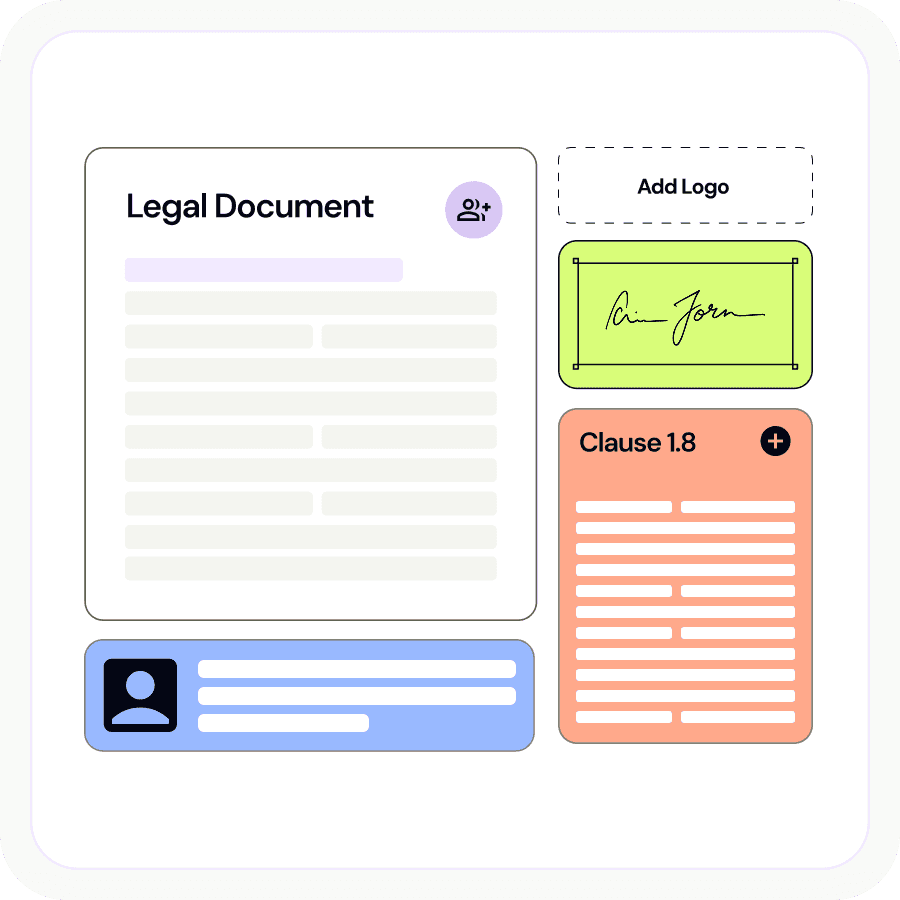New changes announced in the Federal budget are set to deny up to 20% of FIFO workers from claiming the Zone Tax Offset (ZTO). The FIFO community is predominantly made up of miners, tradies and other workers who are required to travel north or out west.
What’s the Zone Tax Offset?
The ZTO allows people who live within designated zones to receive an offset against their yearly income tax. The tax concession aims to offset the added costs that often come with living in such isolated conditions. It also acknowledges the effects of unpleasant and often severe weather conditions that rural locals endure.
Where are the Zones?
The country’s most remote areas are divided into two categories: Zone A and Zone B, with different concessions being applied according to the zone you fall within. Folks who live in Bamyili (NT) or Babbage Island (WA) for example, would fall within Zone A, according to the current ATO zone list. Some areas of the country also fall within a further category, called Special Areas. Town’s that are located further than 250km (by land or sea) from the centre of any urban centre and which had a population of 2,499 or more at the 1981 census would fall into this category.
Who is eligible?
To be eligible for the tax offset, you must live or work within the zone for a minimum of 183 days of the income year (July to June). That’s why workers in the mines and other trades have often made up the bulk of the ZTO claimants. Anyone working in the mines out in Mt Isa or Pilbara would be accustomed to the life of a FIFO; living between a donga and their family home sometimes 1000’s of kms away. However, it’s these very workers that the government has targeted in their recent budget announcement.
What are the changes?
Effective as of July 1, FIFO workers are now excluded from claiming the Zone Tax Offset if their normal residence does not fall within one of the Zone A or B designated areas. The government announced that the exclusion would mean that tax offset could now be targeted to taxpayers who have taken up genuine residence in these remotes areas. In the Budget Paper, the government notes that FIFO workers whose residence doesn’t fall within the designated zones do not face the same challenges that tax aims to offset.
The government expects to take in savings of around $110 million annually due to the restricted tax offset.
The new changes have not surprisingly created a stir within the mining community, with some FIFO workers set to lose anywhere between $57 – $1173. Many argue that although their family or other residence may not be located within one of the zones, they are still living and working half of the year within the zone area. It’s not hard to see why for some, the lines between their residence can quickly be blurred when you spend the equivalent of half or over half of the year within one of these zones.
Can I Still Claim The Zone Tax Offset?
The ZTO is a self assessed offset which any one can elect to claim in their income tax return. However, if you are FIFO worker and have been eligible in the past for the Zone Tax Offset; or you are unsure of whether you are still eligible for the offset due to the government’s new changes, you should contact your accountant, a tax specialist or visit the Australian Tax Office for more information before you lodge your next income tax return. The government has given a clear notice to FIFO workers that they must have a ‘genuine’ residence that falls within either Zone A or Zone B in order to claim the offset. The last thing you want is to be stung by the ATO on top of losing out on the ZTO. If your residence is in one of the zones but you work in a different area, you will still be eligible for the offset.









